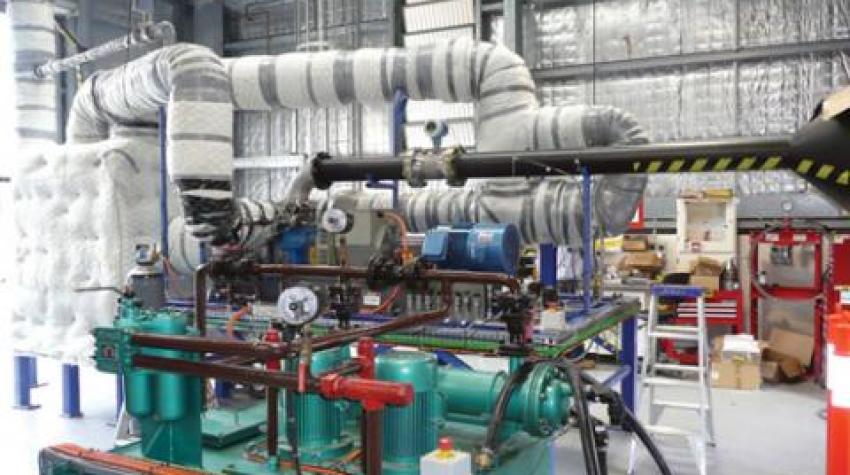
The Role of Fossil Fuels in a Sustainable Energy System
The persistent critical challenge is to ensure an improved quality of life and economic growth, while reducing the environmental footprint of the energy sector. The transition to a sustainable energy system is an opportunity to improve energy efficiency from source to use, minimize environmental impacts, reduce energy and carbon intensities, and correct energy market failures.

The Road to a Sustainable Energy Future in Central America
Central American countries need to bring togetherthe efforts of regional, national and international partners to promote the policy coherence, institutional coordination, capacities and investments necessary to address energy poverty and develop a cleaner transport sector. These factors are a key to achieving sustainability in all dimensions of energy production and use.

Achieving Sustainable Energy Targets in Bangladesh
Booming economic growth, rapid urbanization, and expanding industrialization and development have increased the country's demand for electricity. Renewable energy will play a vital role in meeting the demand for electricity, especially in the off-grid areas of the country.
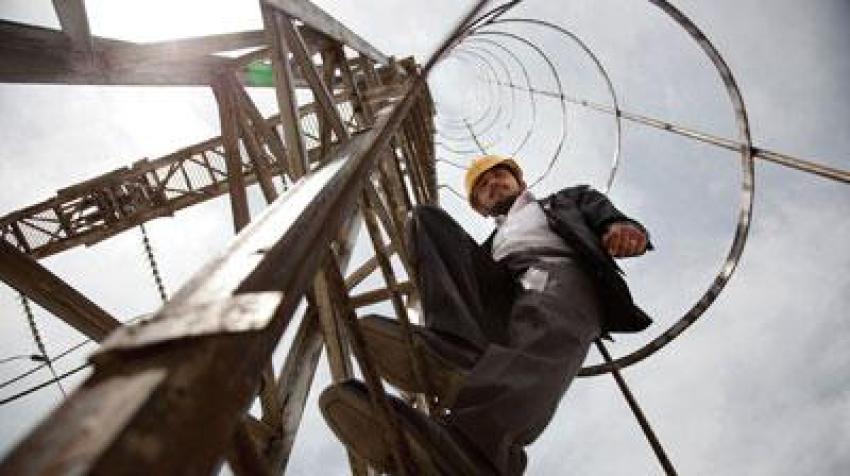
Financing Sustainable Energy for All
For the global community, universal sustainable energy must be a top priority. We owe it to the 1.1 billion people still living without electricity and the 2.9 billion people still using polluting biomass fuels for cooking and heating.
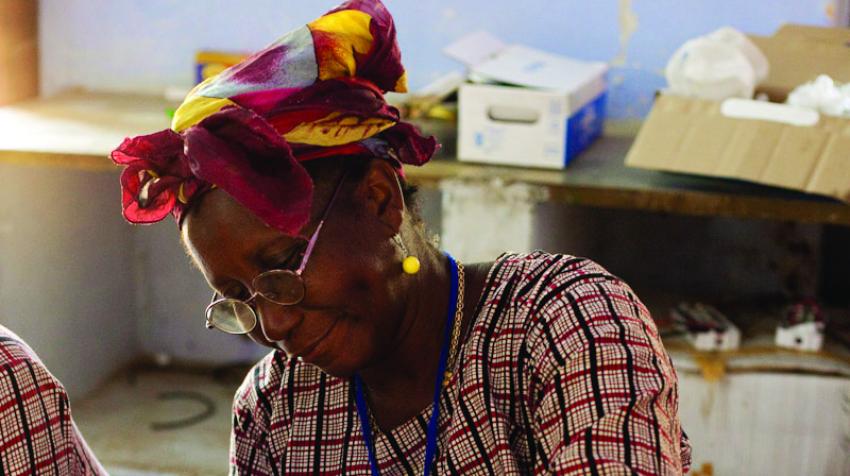
Developing Renewable Energy Sectors and Technologies in West Africa
By the time Sustainable Development Goal (SDG) 7, which seeks to ensure access to affordable, reliable, sustainable and modern energy for all, was adopted by the United Nations General Assembly, the member states of the Economic Community of West African States (ECOWAS) had already rolled out their regional road map and presented their national action agendas to attain it. The region seems to be on the fast track to getting out of the energy poverty trap.

The Impact of Renewable Energy Technologies on Global Energy Efficiency
Despite growing energy use, for the first time in four decades, global carbon emissions associated with energy consumption remained stable in 2014 as the global economy grew.

How Renewable Energy Can Be Cost-Competitive
This is the critical challenge we face today. IRENA analyses show that the story of renewables competitiveness is nuanced. Wide variations in installed costs exist, not only between countries, but within a country. Some of these differences are due to structural or project-specific issues, but many could be addressed through better policy.
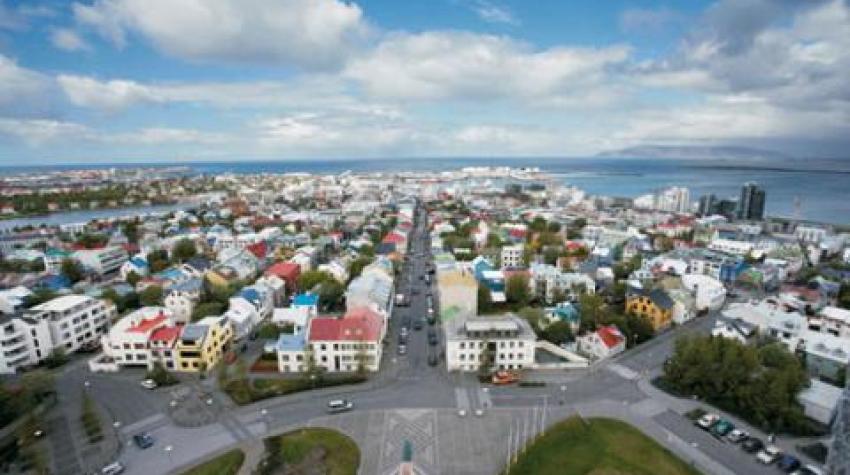
Iceland's Sustainable Energy Story: A Model for the World?
Iceland's conversion is a meaningful success story rather than a one model for all approach. First and foremost, Iceland is an inspiring example of what is possible, with many important lessons to share for any country seeking such a transformation.
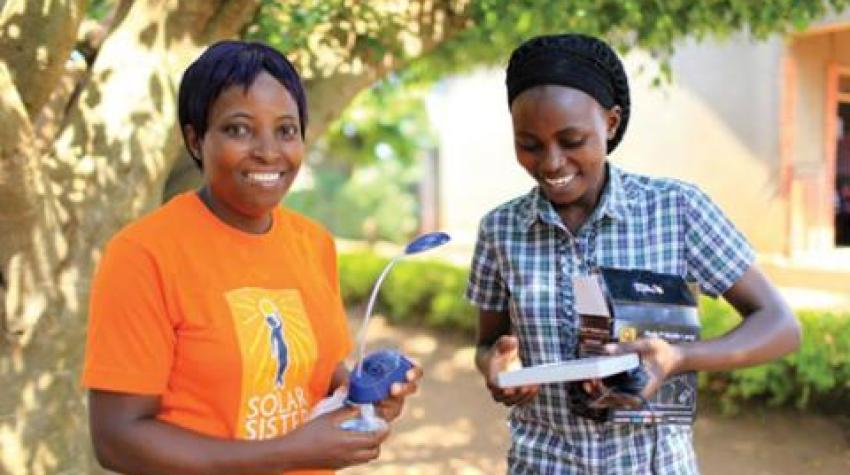
Sustainable Energy for All: Empowering Women
Solar Sister is demonstrating the importance of women-led innovation in supporting the Sustainable Energy for All objectives related to universal energy access and renewable energy. Solar Sister has created a path for 2,000 women in Uganda, Tanzania and Nigeria to become active and knowledgeable participants in a sustainable, market-based clean energy distribution network, bringing clean energy access to over a quarter of a million people.

From COP21 to the New Urban Agenda
Cities contribute up to 70 per cent of the world's total greenhouse gas (GHG) emissions, and over 75 per cent of total global energy generated is consumed in cities. Urban residents are already exposed to the negative effects of climate change and many of the most vulnerable populations reside in cities.

Atomic Power—Saving Lives
Properly utilized atomic power can save lives and resources, and it is time for a fundamental re-examination of its applications and further development of peaceful atomic research.

Sustainable Urban Energy Is the Future
Implementing renewable energy strategies in city environments is rapidly becoming energetically imperative. Making the transition involves not only switching the energy source, but making sure it is cost-effective, sustainable and beneficial for development.
